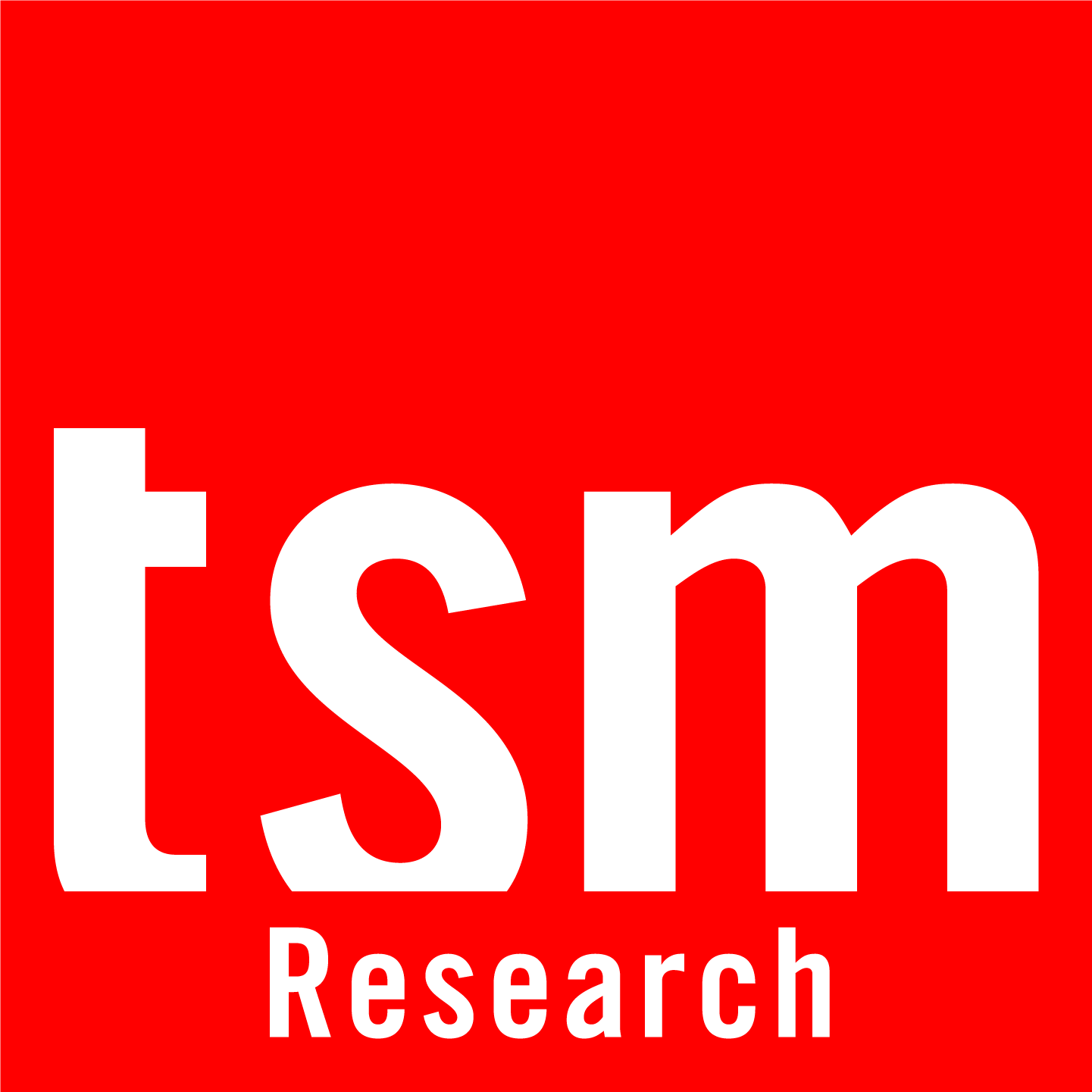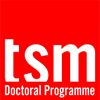David HAMPTON-MUSSEAU will present his thesis entitled "The Role of Employees' Emotional Expertise in Confronting Abusive Supervision" on 11 December 2023 at 9.30am. The presentation will be in English.
- Venue : Salle des Thèses, Université Toulouse Capitole.
- Composition of the Jury :
- M. Karim MIGNONAC, University Professor, Toulouse Capitole University, Research Director
- M. Olivier HERRBACH, University Professor, IAE de Bordeaux, Rapporteur
- M. Marc OHANA, Professor, KEDGE Business School, Rapporteur
- Mme Marion FORTIN, University Professor, Toulouse Capitole University, Member of the jury
- Mme Christelle MARTIN-LACROUX, University Professor, Grenoble Alpes University, Member of the jury
Abstract
In today’s evolving organizational landscape, apprehending the intricate relationship between emotional expertise and abusive supervision is paramount. Abusive supervision, characterized by frequent verbal and nonverbal aggression, humiliation, and disrespect toward employees, has become a pressing concern in contemporary workplaces. This phenomenon has been associated with a range of deleterious outcomes for both individuals and organizations. Taking a Spinozist stance on affect and ethics and incorporating contemporary insights from sociopsychology and neuroscience, this Ph.D. thesis represents an original exploration of emotional expertise within abusive supervision. By synthesizing and expanding historical, theoretical, and empirical perspectives, this dissertation sheds light on emotional expertise’s role in dampening abusive supervision’s negative impact on organizational dynamics and work related behaviors.
The exploration initiates with a comprehensive historical narrative review in Chapter 2, tracing the often-overlooked evolution of emotional intelligence. This retrospective journey illuminates emotional intelligence’s enduring significance and dynamic evolution, first utilized in John Harris’ theological work in 1849. By revisiting the historical foundations of emotional intelligence and exploring its multifaceted manifestations across diverse contexts, this chapter lays the groundwork for a refined conceptualization of emotional expertise. Drawing from philosophical insights and contemporary psycho-sociological perspectives, it bridges historical conceptions with contemporary understandings, offering a fresh perspective on emotions in the organizational behavior field.
Chapters 3 and 4 present empirical studies that delve into the pivotal role of emotional expertise in moderating the complex relationship between abusive supervision and employee outcomes. These studies affirm the significance of emotional expertise and elucidate the underlying mechanisms driving this critical interplay. In Chapter 3, the research investigates how emotional intelligence moderates the intricate relationship between abusive supervision experiences and employees’ tendencies regarding revenge and forgiveness. It examines nuanced aspects of core affect, specifically valence and arousal, and their contribution to shaping this intricate association. Surprisingly, the study uncovers that individuals with higher emotional intelligence may be less inclined to forgive, challenging conventional assumptions and pointing towards a potential “double-edged sword” or delayed effect. Chapter 4 delves deeper into the influence of employee emotional expertise on the dynamics between abusive supervision and employees’ ethical work-related behaviors and emotional experiences. A three-wave field study explores the interplay of emotional regulation and affect regulation motives, including dimensions of social, hedonic, and task-oriented factors. The findings underscore the vital role of emotional expertise in mitigating the adverse effects of abusive supervision and corroborate forgiveness as a significant mechanism for mitigating these effects.
The theoretical contributions of this dissertation extend beyond abusive supervision, emotional intelligence, and organizational behavior. It chronicles the historical development of emotional expertise and provides empirical evidence of its relevance in modern workplaces. Furthermore, it offers a roadmap for future research, emphasizing the interplay between inherent capacities and acquired responses within the workplace and their profound influence on embodied moral motivation and ethical behaviors. From a practical standpoint, this dissertation underscores the importance of cultivating emotional skills among employees and leaders. Thus, it underscores the potential advantages of emotional awareness in work environments, benefiting individuals and organizations by upholding ethical policies, fostering trust, and harmonizing work-life balance. In an era marked by unprecedented challenges, organizations must recognize and harness the relevance and bounds of emotional expertise.





